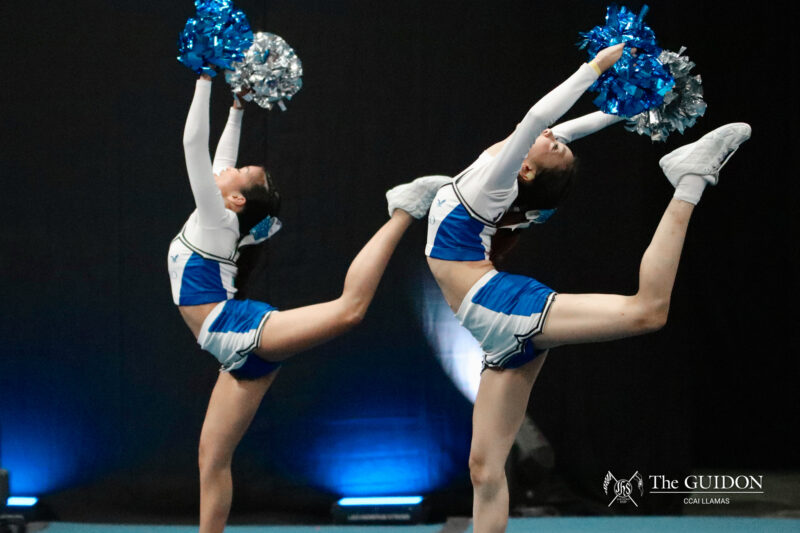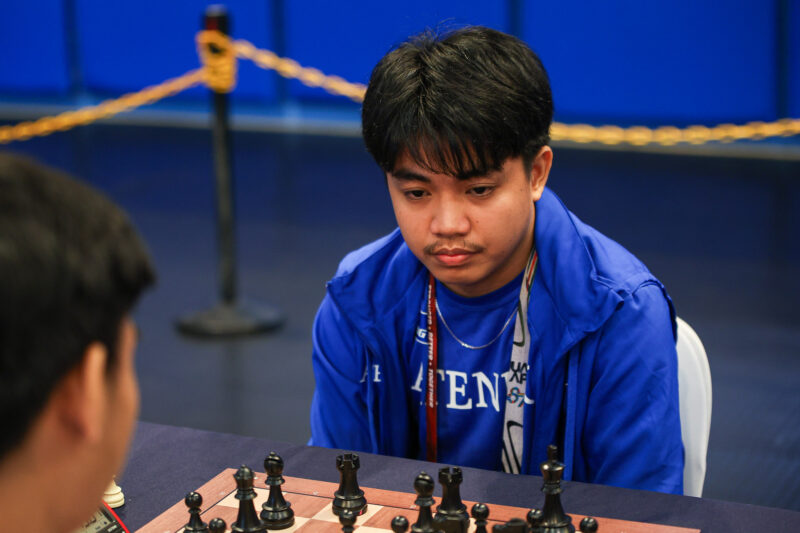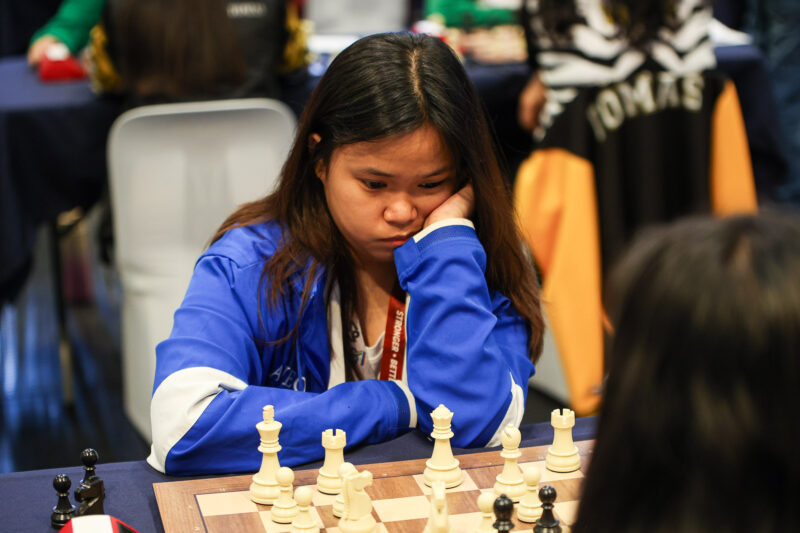THE ELECTION of French President François Hollande has led to great anticipation among the people of France and the international community amid Europe’s economic crisis.
In his inauguration at the Élysée Palace on May 15, the 57-year-old sought to empower the turmoil-hit French citizens. “We are a great country which, through its history, has always been able to brave the ordeals and take up the challenges facing it,” he declared.
Hollande reminded his audience that his leadership is also significant for other countries dealing with the debt crisis. “Ladies and gentlemen, today many peoples—above all in Europe—are watching us expectantly,” he said.
Socialist leader
Hollande has advocated left-wing Socialist principles in French politics. He began as a Deputy of the French National Assembly in 1988 and 1997. Afterwards, he was First Secretary of the French Socialist Party from 1997 to 2008.
Many perceived his ideological inclination to set him apart from his opponent, then incumbent right-wing Nicolas Sarkozy. The latter, whose support for the austerity measures of German Chancellor Angela Merkel clearly showed, failed to harness enough support for a second term.
Chloe Poustouflante Alexandre, a sophomore from the prestigious Sciences Po in Paris where Hollande also studied, agreed with this. “I think that many people just wanted Sarkozy to leave. I also believe that people feared their social rights may be neglected, as a restrictive public policy—a ‘rigor’ policy—will surely be implemented to reduce our deficits [had Sarkozy won],” she said.
Sarkozy’s label as the “President of the Rich” also contributed to his loss, while Hollande’s plan to raise taxes among high earners to fund social programs and create jobs gained the masses’ approval.
European Studies (EU) Program instructor Jamina Jugo noted that Sarkozy’s willingness to implement an austerity plan was just one factor. “It may also have been a matter of image. Not only is Hollande’s ideology different from Sarkozy’s, but he also acts much less flamboyantly than his predecessor.” she said.
Presidential runoff
France has a two-round presidential election system. If no presidential candidate gets an absolute majority of votes in the first round, the two candidates with the highest votes in the first round go against each other in the second round, called the runoff.
Teresa Banta, a senior political science major, spent her Junior Term Abroad last semester in Sciences Po and witnessed the election. “Before round two, [Hollande and Sarkozy] went through a debate which a lot of people anticipated. Everybody seemed to be really concerned with the politics of France,” she said.
However, Alexandre found the election campaigns disappointing. “I think that our society has to deal with a lot of very interesting issues, [but] none of them were introduced in the campaigns,” she said.
Garnering 51.64% (18 million) of the popular vote, Hollande defeated Sarkozy, who received 48.36% (16.8 million) during the second round held last May 6.
New rules of the game
A major challenge facing Hollande is how he will use his influence to solve the current economic crisis together with other members of the European Union, particularly Germany.
EU Program Director Marissa Paderon, PhD, stressed the importance of how Socialist principles will reflect in Hollande’s plans that will affect the region.
Merkel has announced her congratulations for Hollande, who has insisted that the austerity measures Merkel stands for is not the way to go.
“Austerity can no longer be something that is inevitable,” he announced.
Paderon talked about the possibility of making both ends meet. “There will be compromises at the supranational level, through the European Commission, which sets the macro-economic policies.”
Meanwhile, the National Economic and Development Authority of the Philippines has signed on May 23 a memorandum of understanding with the French government, involving funds for an assistance program amounting to 200 million euros. Through this initiative, the country seeks to set a good foundation between the Manila government and the new one in Paris.




